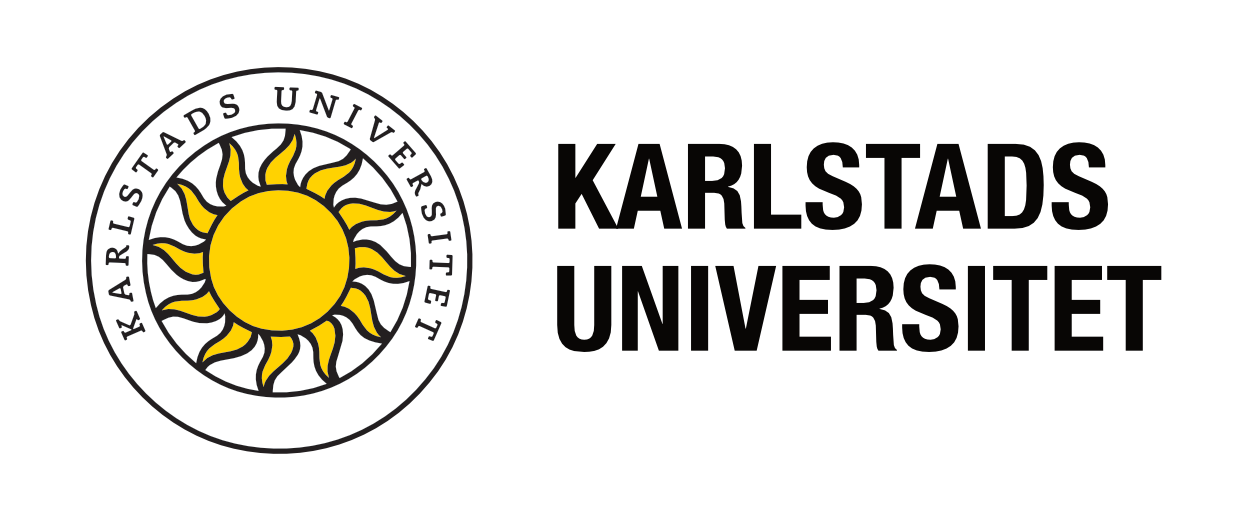Examining is a wasp’s nest of things to keep track of and take into account. For us as university, it places special demands on predictability and equal treatment. We also, as an authority, have access to large resources to live up to this responsibility.
Cheating and plagiarism
The teacher’s task regarding cheating and plagiarism is about discouraging from it, making it more difficult and discovering it when it happens
Examination forms
What kind of knowledge or skills should be examined? Can or must the examination be conducted outside the campus’ physical environment, e.g. as a home exam? Both what is to be examined and the physical prerequisites determine which forms of examination are possible.
Grading
As a state agency we must meet high standards of predictability and equal treatment when we assess and decide on grades. We also need to design examinations and plan the grading work so that the assessment can be done time-efficiently, in order to have enough time left for the actual teaching.
Reexaminations
A reexamination may be a second exam opportunity in an ongoing course, or an “independent” exam opportunity for those students who failed their course examination earlier (pick up exams). How do you organize reexaminations/resits and pick up exams online?
Students with special needs
Students who need special arrangements to be able to participate in teaching and examination can get it if the need is due to a permanent disability. How does the application work, who makes the decision and what does the decision include/what different types of support are there?
Task design
It is a huge difference in how examination assignments can be designed dependning of whether it is about examining fact knowledge, application of well-defined methods, or independent, open problem solving. And you often cannot use the same assignment tasks or questions in take-home exams as in campus exams. You can divide what is to be tested […]

